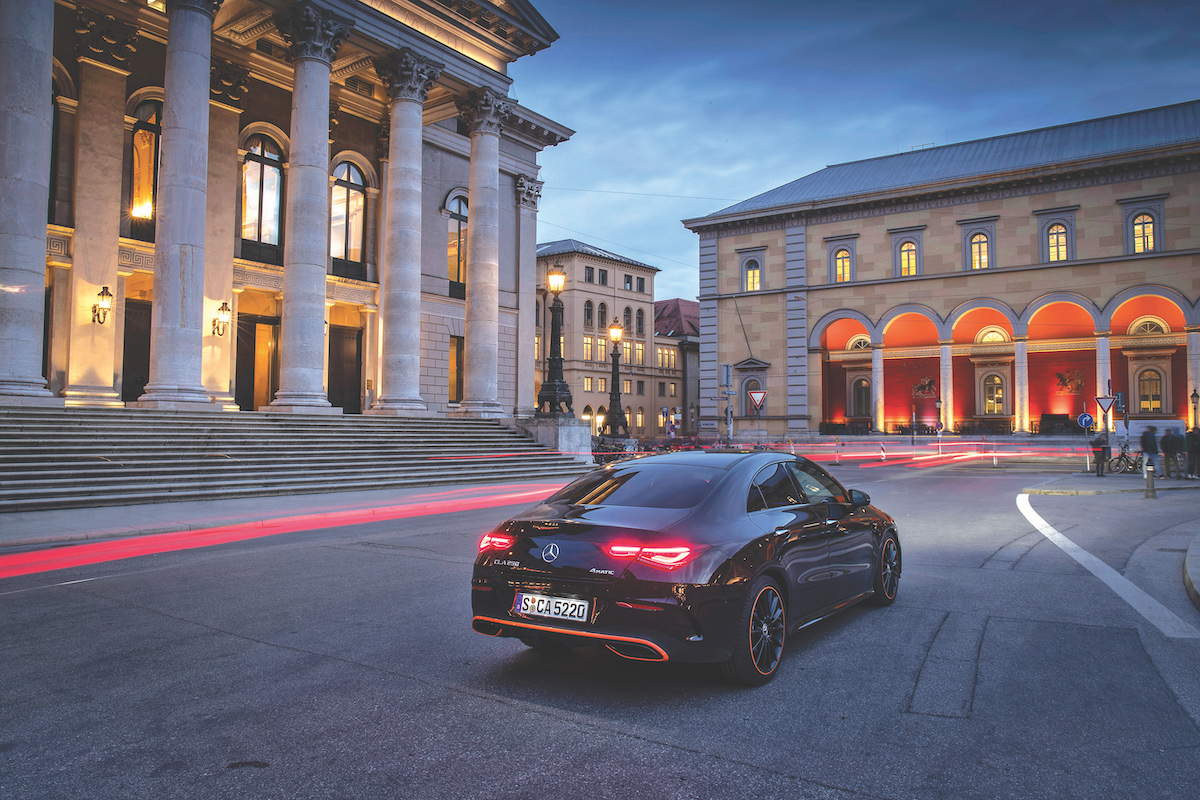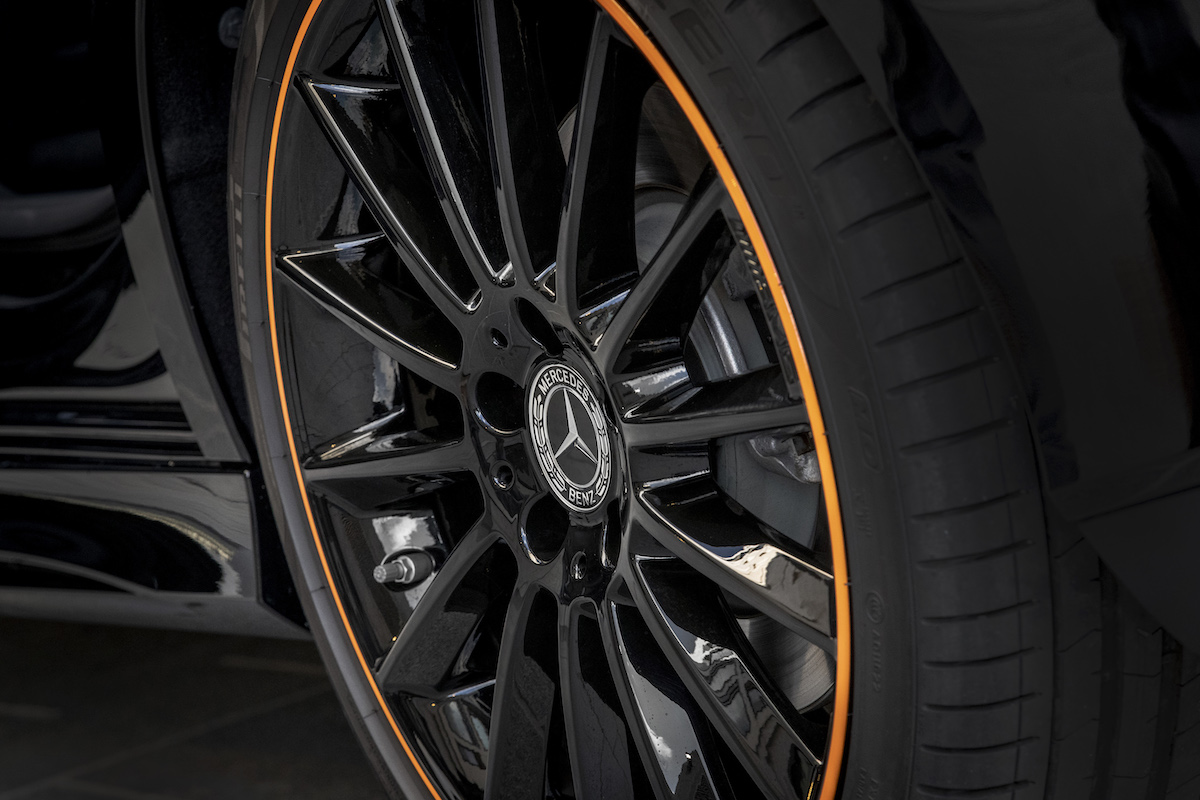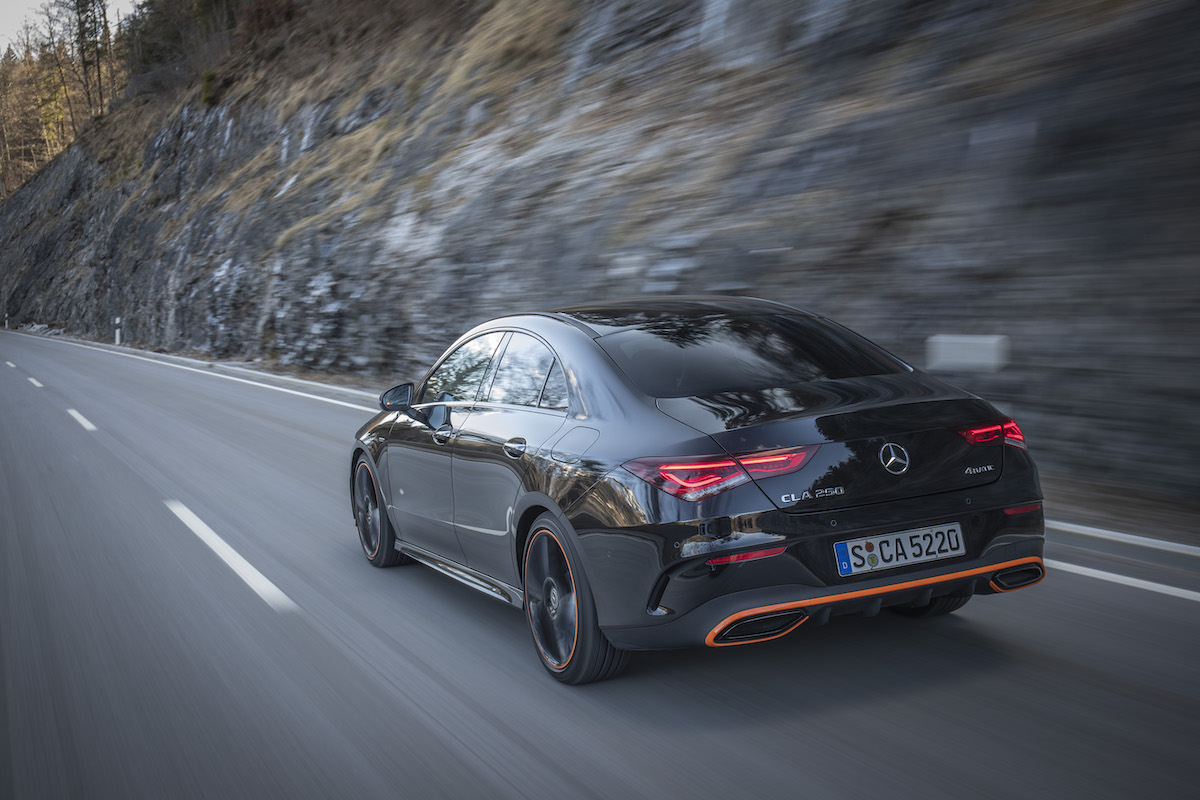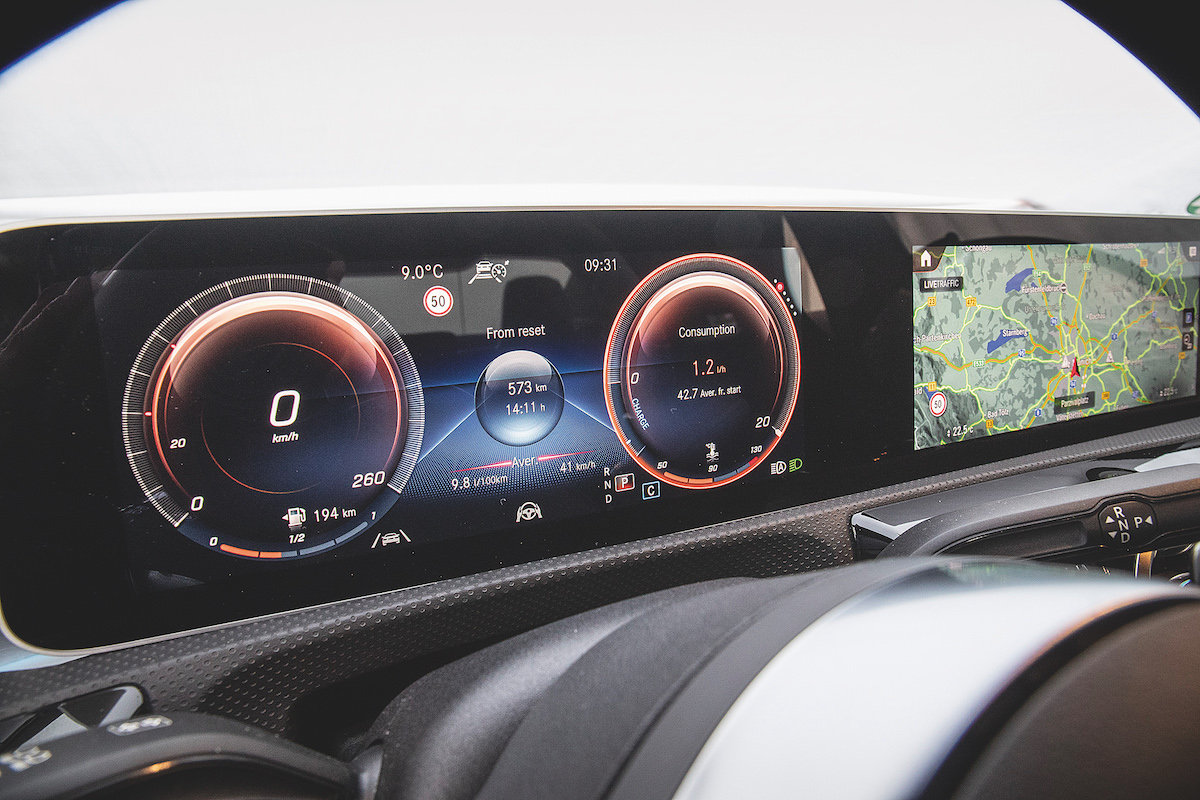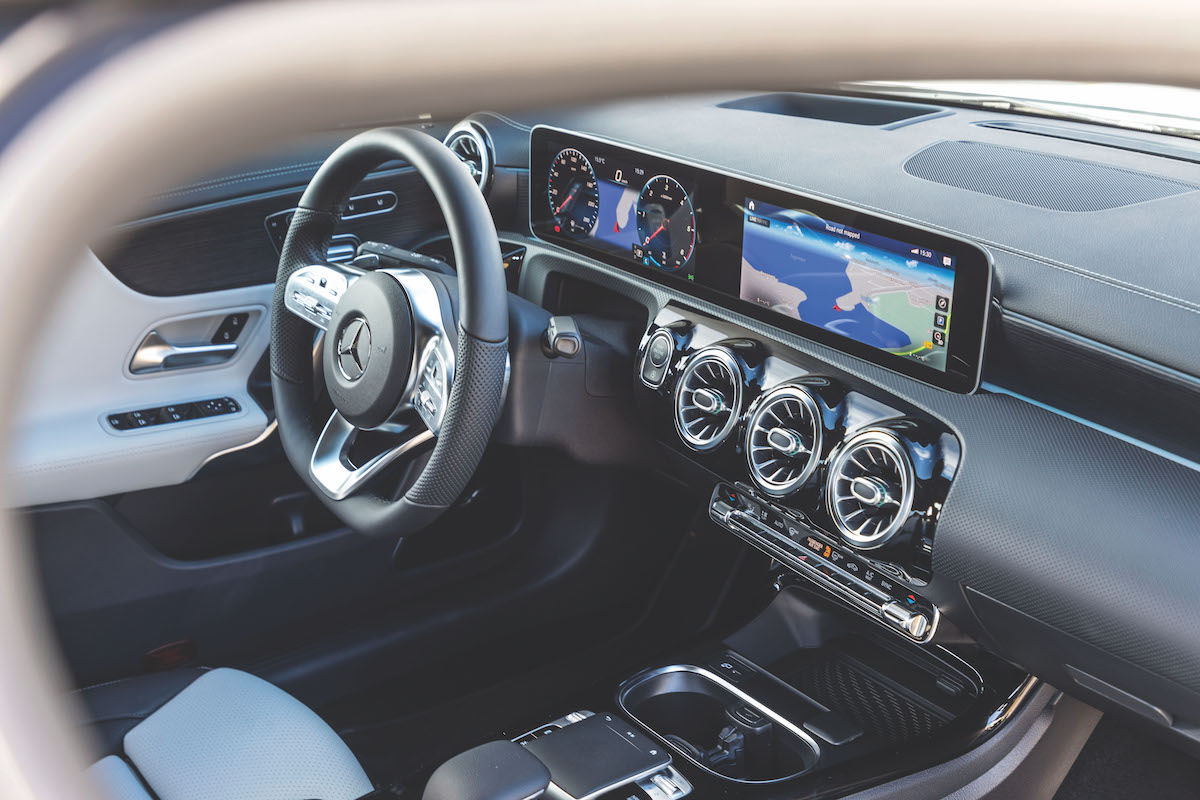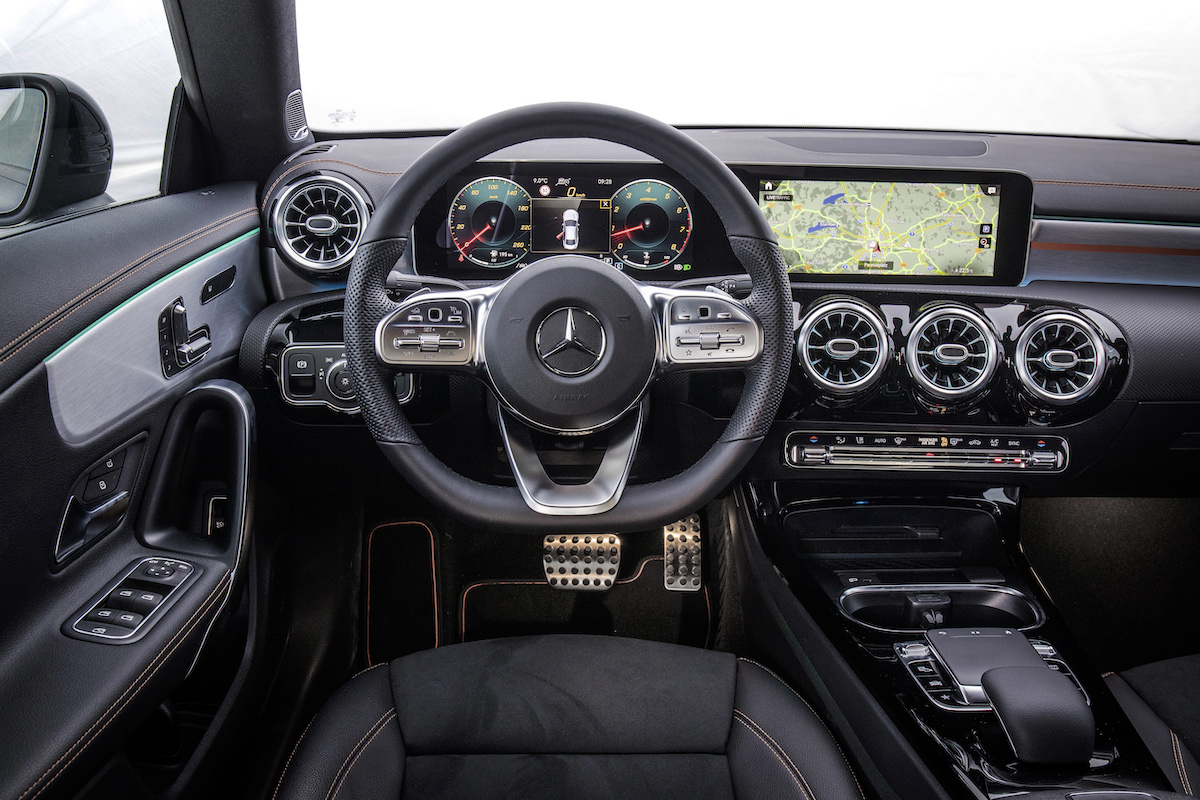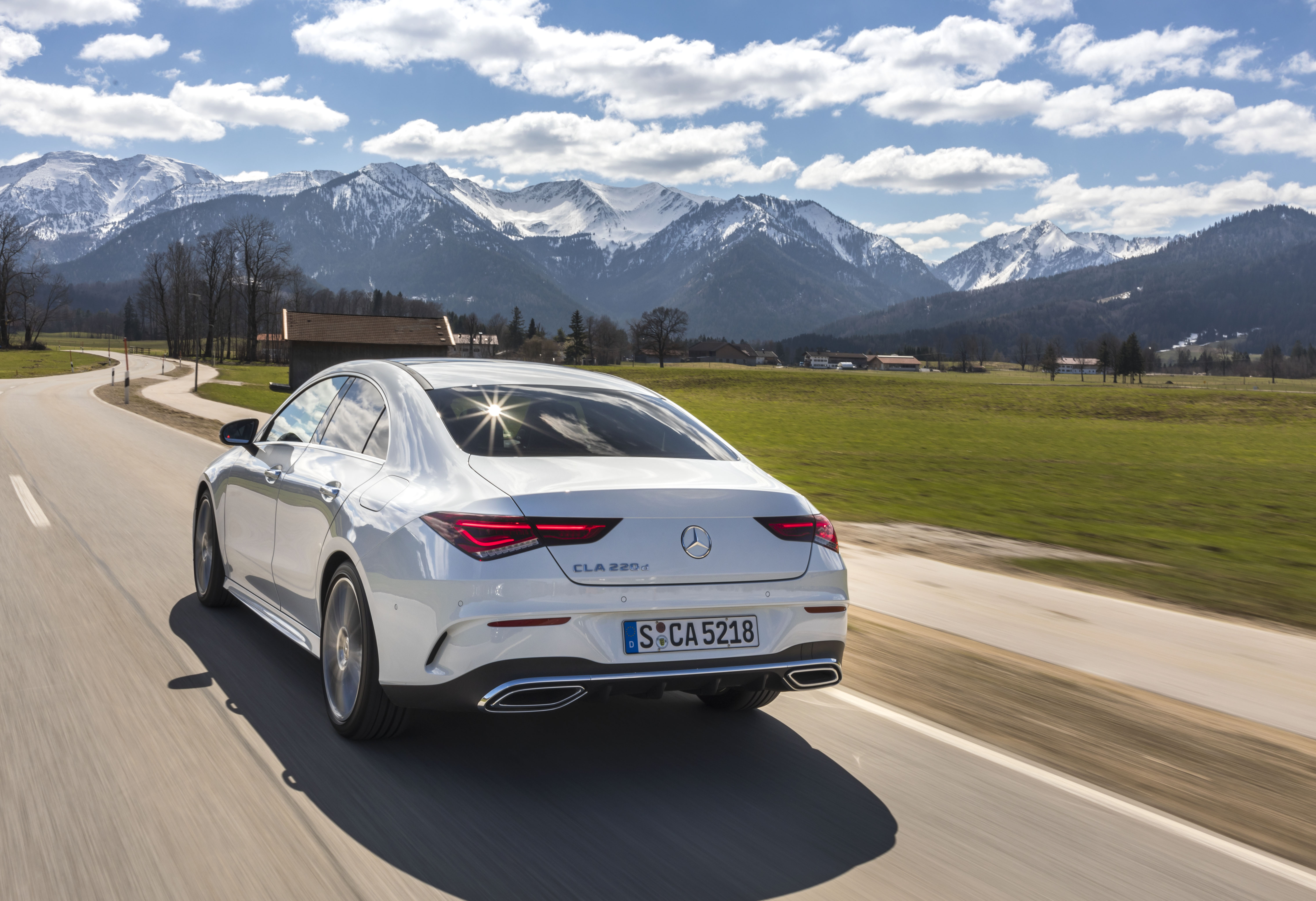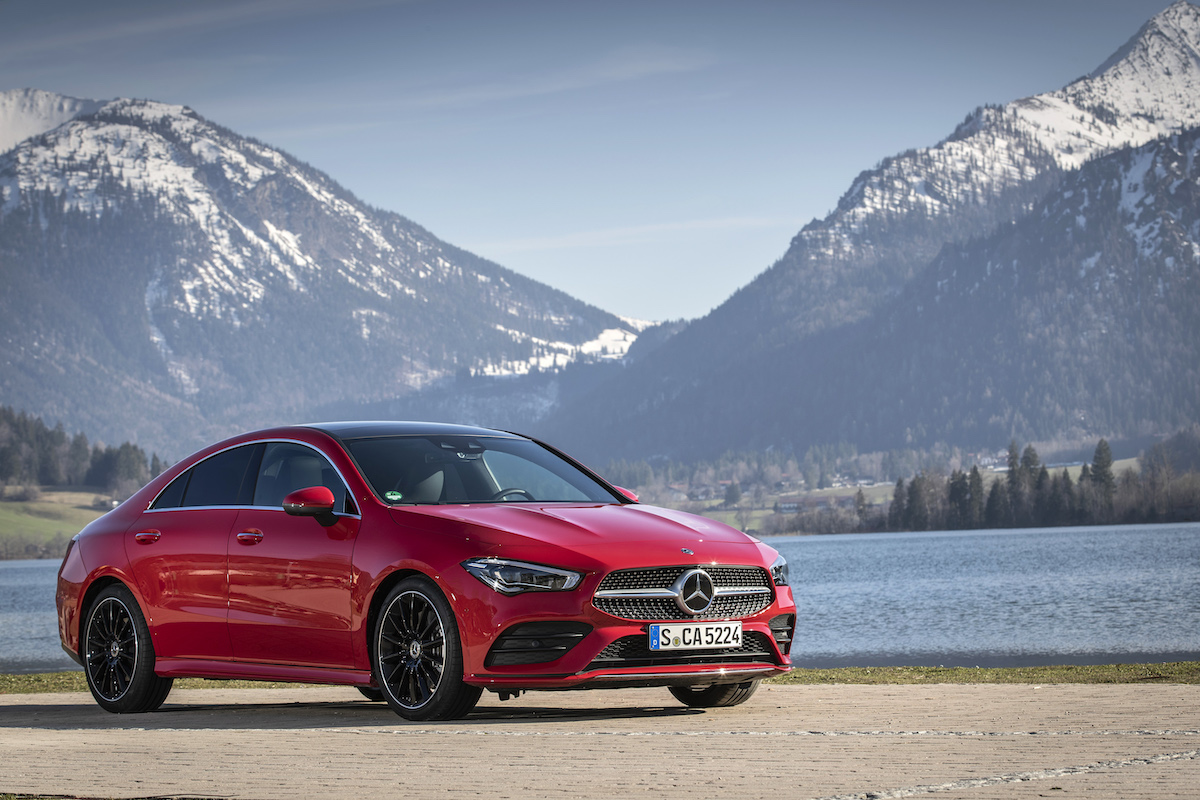The idea of having a team of people who travel around with you, whipping up your every whim, finding answers to whatever is troubling you and even constantly monitoring your health and stress levels to make sure you’re in tip-top condition, sounds lovely. And Mercedes-Benz has brought the concept to life.
Sadly, until now, you had to be either massively wealthy or the US President, or both, to live like that. Today, though, technology is moving to help, squeezing a physical therapist, a psychologist and a know-it-all PA into the tidy shape of the new Mercedes-Benz CLA.
Unveiled in Germany earlier this year, the CLA offers a mind-boggling, mood-sensing system called the Energizing Coach, which can, with the help of a wearable device that you may well already have on your wrist, monitor how you’re feeling and, if you’re stressed, tired or angry, will do its best to help.
So far, the Coach will only work with Garmin smartwatches (and you can, of course, buy a special Mercedes-Benz Vivoactive 3 if you want to) but you can bet other brands will soon follow.
The car’s integrated telematics system, known as MBUX (Mercedes-Benz User Experience), doesn’t just display your heart rate on the screen (although it does do that, and you can compare it with previous days and drives), it digs much deeper, according to psychologist and physical therapist Dr Gudrun Schoenherr.
The car’s integrated telematics system doesn’t just display your heart rate … it digs much deeper.
“We take all the stress information that is calculated by your wearable – which can be measured by your heart-rate variability and other factors that are collected – and this goes into an algorithm we’ve developed, together with information on how much and how well you slept the night before,” the good doctor, who works in Benz’s research and development centre for active comfort systems, explains.
“The algorithm also takes in information about when you started your drive, how long you have driven so far that day, what the weather conditions are, if the road’s slippery and if there’s much traffic. And all this comes together in the calculation, and the algorithm finds out that it might be helpful for you to have a regenerating program.”
At that point, if you seem stressed and the traffic looks like it’s only going to make things worse, a prompt comes up on of the Mercedes-Benz CLA’s giant screens (the dashboard looks like four iPads fused into one geek-tastic whole) suggesting that you might want to engage Program Joy,” for example.
Built to help you re-energise, this program will combine a specially designed massage from your seat with the release of calming scents in the cabin, changes to the mood lighting and even some appropriate music (which, thanks to the car’s AI, it knows you enjoy).
We asked the car to tell us where the best Japanese restaurant was in Munich (which it did, complete with Trip Advisor star ratings) and to tell us a joke (“I’m sorry, my engineers were German”).
If, on the other hand, the car’s cloud-based algorithm deducts that you had a terrible night’s sleep and you seem slothful at the wheel, the Coach will recommend a more invigorating mode, with an ‘activating’ massage, designed by Schoenherr who has, incredibly, been working on this brand-new system with Benz for 10 years (and presumably some thrash metal on the stereo).
“It’s a dream job for me. The company wanted someone from outside their perspective to bring this health and comfort aspect to the company, because they knew, 10 years ago, that they wanted to do this,” she explains.
“These people know how to manufacture an incredible car; they are engineers, they do a very good job but it helps to talk to someone like me to discuss, from a health perspective, what would be good for the body and then work out how that can actually be done.”
Schoenherr also helped to design ‘workout’ programs for the more expensive Mercedes E Class, which features an Active Cushion that allows you to exercise your muscles while driving, which is “like a workout in the gym,” she says.
One wonders what she’s designing for the cars we’ll be sitting in, but probably not driving, 10 years from now, when autonomous-focused brands will need to be differentiated by things other than the way they drive. It seems reasonable to assume your Car Coach will tell you when you’re getting pudgy and recommend a jog when you get home.
The CLA, a stylish four-door coupé, which will start at A$55,000 when it arrives in Australia in October 2019, has more tricks up the sleeve of its MBUX, including the ability to answer just about any query by activating its giant, connected brain with the words “Hey Mercedes”.
We asked the car to tell us where the best Japanese restaurant was in Munich (which it did, complete with Trip Advisor star ratings), to check Apple’s share price (too easy), who Tony Abbott is (it read us his Wikipedia entry) and to tell us a joke (“I’m sorry, my engineers were German”).
Dr Alexander Schmitt is the Project Leader of the Mercedes User Experience department and it’s his job to teach the system to recognise not just 25 different languages but umpteen different accents (so far, it’s learned American, English and German).
“We have to imagine all the questions people might ask, then find different ways to answer all those. You can’t just use Google, because it just wants to take you somewhere else, so we use Yelp for restaurants, Wikipedia, many different things – it’s an enormous challenge,” he says.
But is it really necessary for our cars to be so much smarter than us? Sure, voice-activated satellite navigation seems hugely practical, but we heard someone ask the car how much fat was in a donut. And it answered. Does your Mercedes really need to be that clever?
“I mean, why not? We want an emotional relationship between you and the car, so getting that bond, where your car will eventually be able to answer any question, I think that really helps,” Schmitt says. “The car becomes your assistant.
“And yes I know we have a lot of assistants already but I like to imagine this vision where we have all these different assistants, just sitting on your shoulder, so you use the one you need at the time – Alexa closes the curtains for you at home and Siri helps you when you’re walking around, but when you’re in the car, you have a special one; the practical assistant for that environment.”

